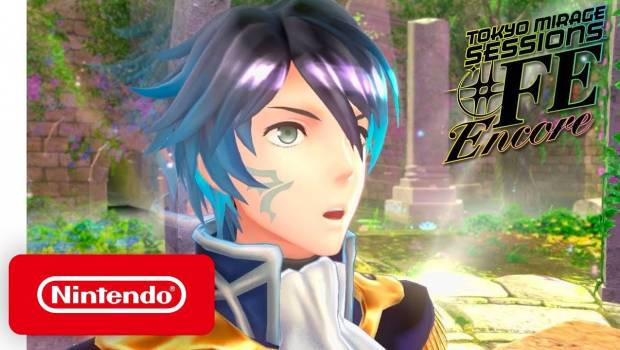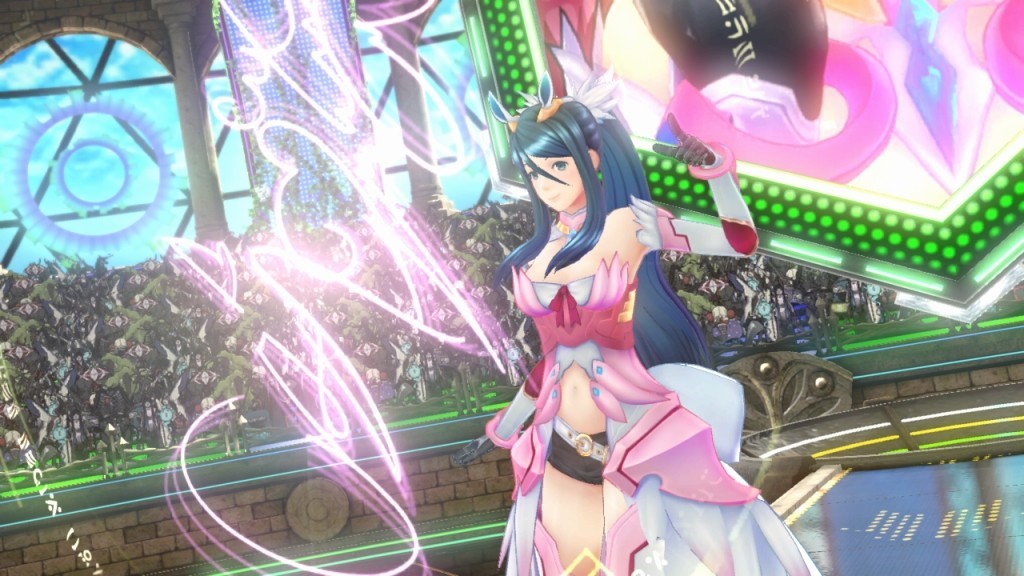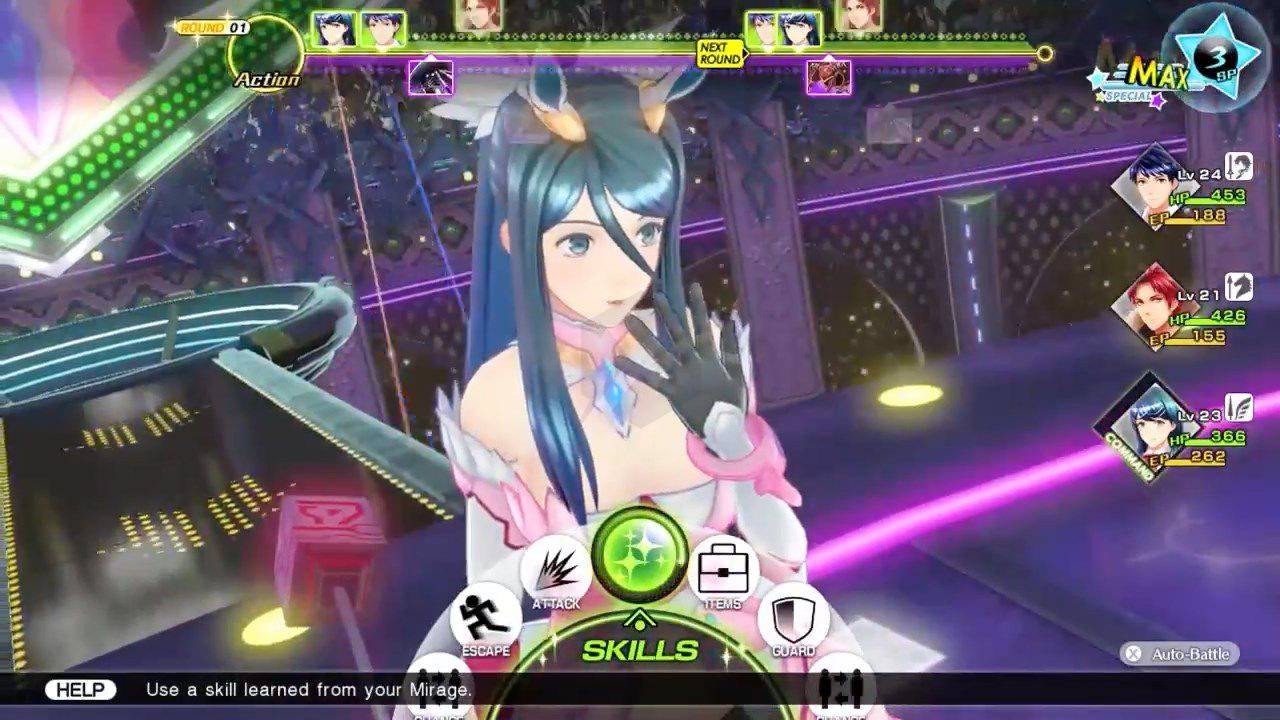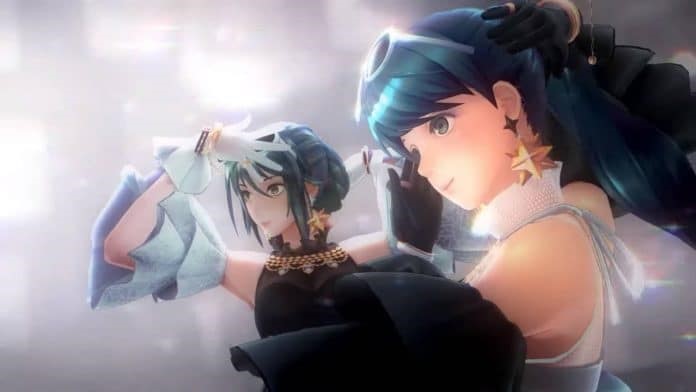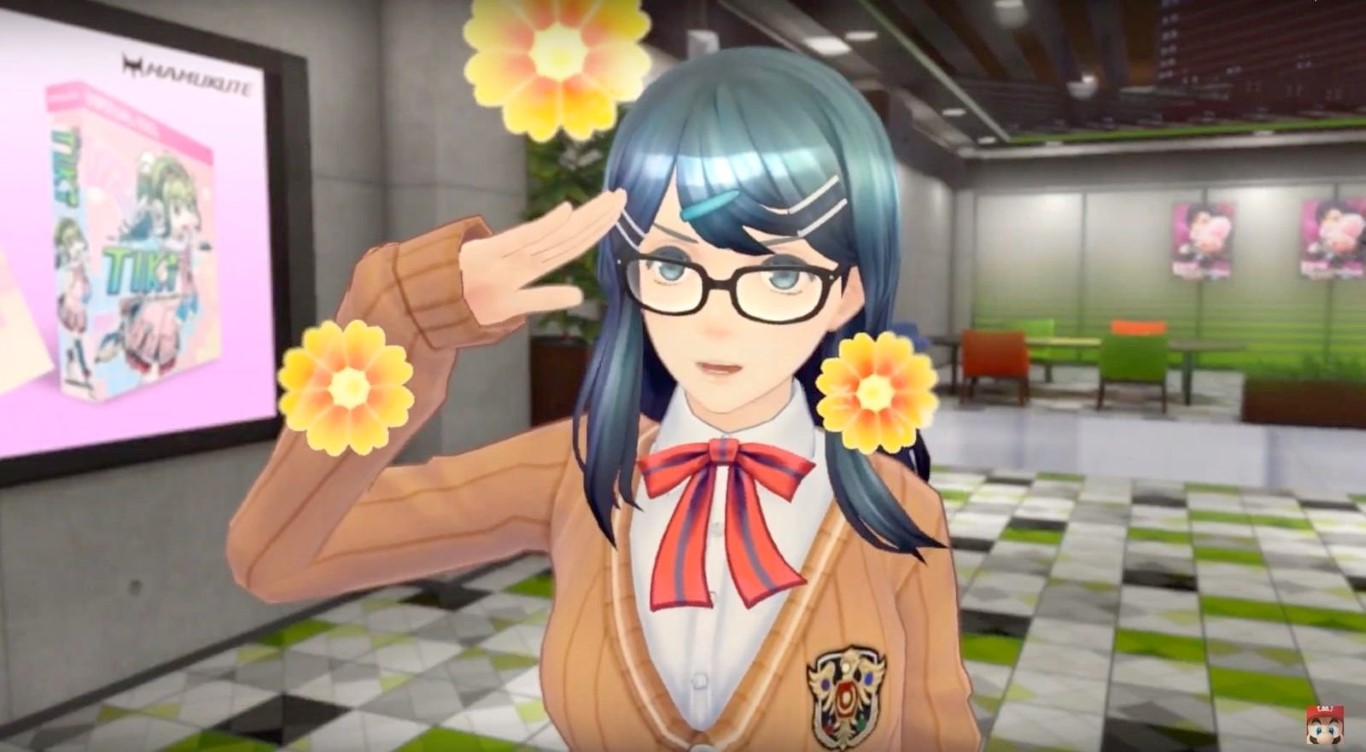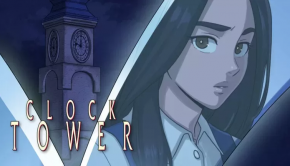Tokyo Mirage Sessions #FE Nintendo Switch Review
Summary: Exciting battle system and wacky characters marred by an inconsequential plot and poor dungeon and puzzle design.
3.5
Uneven
As someone who has recently moved to Tokyo, I was expecting that Tokyo Mirage Sessions #FE Encore would strike a particular chord with me as I ran through the now familiar streets of Shibuya, vanquishing evil at every opportunity. For the most part, this overtly silly shot of pop-rock manages to poke fun at the industry it is representing, but lacks any real depth or excitement by the time the curtains finally close.
The setup for TMS#FEE really pulled me in. During an opera performance 5 years ago, almost the entire cast and audience vanish without a trace, garnering a healthy exposé from the press as people wonder what caused the event. Unfortunately, it doesn’t develop in any meaningful way, instead relying on coincidences and all-to-convenient happenstances to stitch everything together. The protagonist’s best friend Tsubasa just happens to be the only one who survived the event, and is sister to the famous idol who vanished from the stage. His other friend just happens to be a member of a secret group of idols who, much like the Scooby-Doo gang, spend their free time hunting these paranormal activities. It doesn’t help that your character is less interesting than a post-it-note, and that just about everyone else around him fits into some kind of standard Japanese trope. Yet once you start to expand throughout the sixty or so hours of content here, you do start to see some interesting examination of the “idolsphere” as a whole.
TMS#FEE never takes itself seriously, quite the opposite in fact which is what ultimately pulled me through. Whether it’s the Gaijin Idol Teacher who is hell bent on making you the best you can possibly be, but only if you can do so before he has to leave to line up for a legendary limited collectable model in Akihabara, or the snarky takes on commercialism and stage events all through a thin façade of kawaii politeness.
The battle system in TMS#FEE is by far the standout feature of the game, delivering fast and frenetic fights with all the flash and pizzaz you would expect from a game that features powerful idols. The idols are seamlessly melded with their Mirages, most of whom are from the Fire Emblem series as they destroy a number of ghoulish monsters and enigmatic villains.
The systems themselves will be familiar to anyone who has played Fire Emblem or the Shin Megami Tensei series; a combination of rock, paper, scissors attacks and upgradeable skills and spells to defeat your foes. Stock standard strategic play for fans of the genre, however the Sessions mechanic really mixes things up.
As you level up your characters, they will learn passive abilities under the Sessions tab. Then, when you exploit an enemy’s weakness with a weapon or spell, the Sessions skills of the same vein will be unleashed as follow up attacks, all of which look seriously stylish and deal some serious damage. Chaining these attacks together is crucial for success, and setting up your party to have complimentary Session attacks for all situations is a puzzle that is really satisfying to solve.
What isn’t so satisfying is the general exploration of TMS#FEE. The dungeons are rather drab and predictable, and the puzzles are more of a hindrance than a head scratcher. Pulling levers and traversing hidden passages never felt so pointless, and honestly it just felt as through I was traversing these areas as a means to get back on that stage and fighting, or to the next meaningful cutscene so I could uncover some more of the wackiness that shines through with the myriad of characters you meet along the way.
For those who did playthrough the original release on the Wii U, this version combines all the DLC that was released and even includes some extra content to whet your appetite. If you’re looking for improved visuals, I didn’t notice anything that showed a significant upgrade, however the frame rate did seem to hold up a little better than I remember on the previous console.
At the end of my 70 hours with the game I was really torn. On the one hand I ended up enjoying the wacky characters and sometimes interesting side stories that filled the world of TMS#FEE. It takes an intelligent look at the Idol craze while also celebrating the culture and excitement around it, reminding me of the many crazy nights of conversation and fun I find myself in at the local Izakaya after work. On the other hand however, the protagonist and the main plot was completely uninspiring and just doesn’t really deliver any kind of meaningful impact. When you pair that with boring dungeons, and uninspired puzzles that seem to just pad out the running time, I ultimately wished for a game that more focused, and one that pushed the battle system more often rather than the diatribes that lay between those exciting moments.
Final Thoughts?
If you never played the original and this kind of game is up your alley, you won’t be disappointed. It’s a lengthy JRPG with all the things you would expect, and it runs fantastically on the Switch in docked and undocked modes. But if you’ve also just finished the excellent Fire Emblem: Three Houses and want something more substantial to sink into that features classic characters from the series, you may find it a little disappointing.

